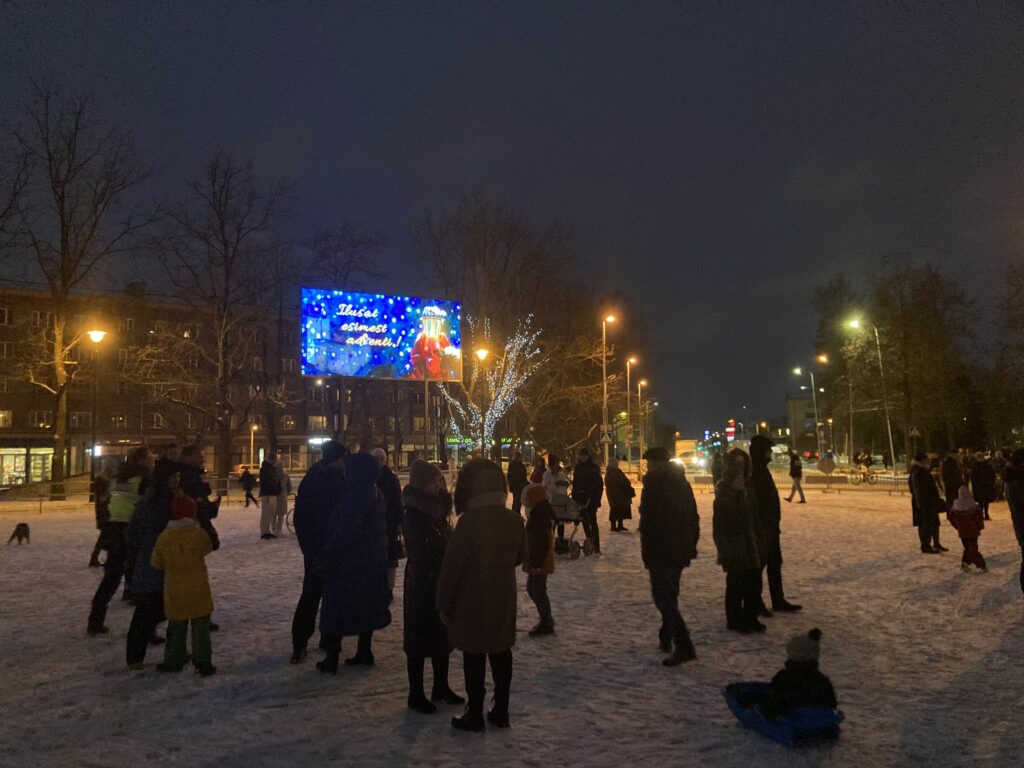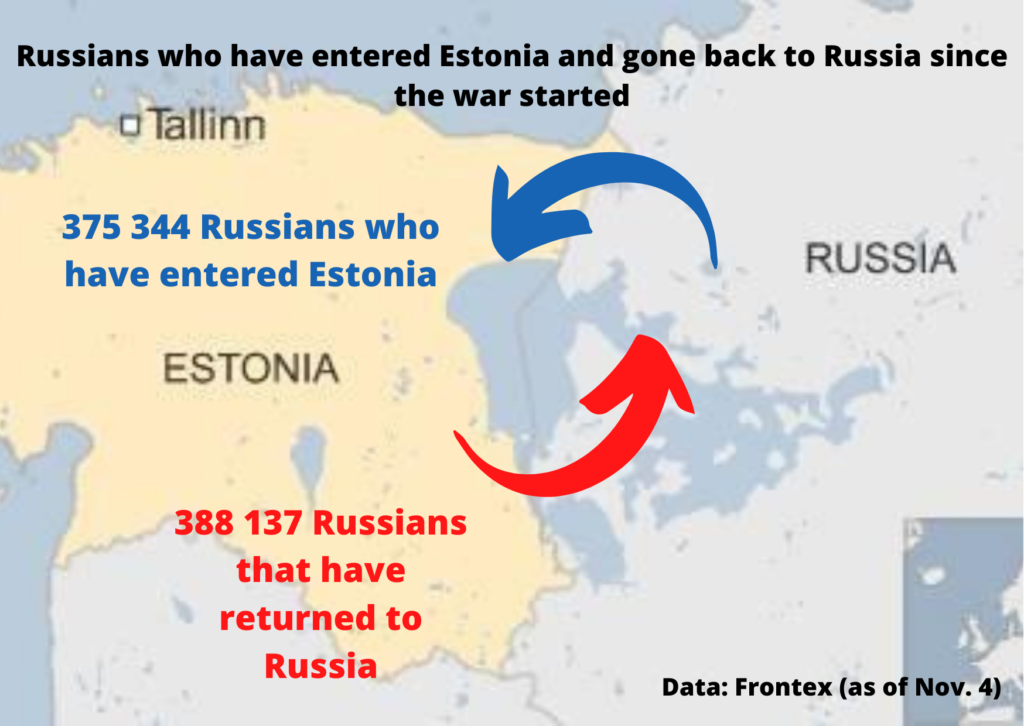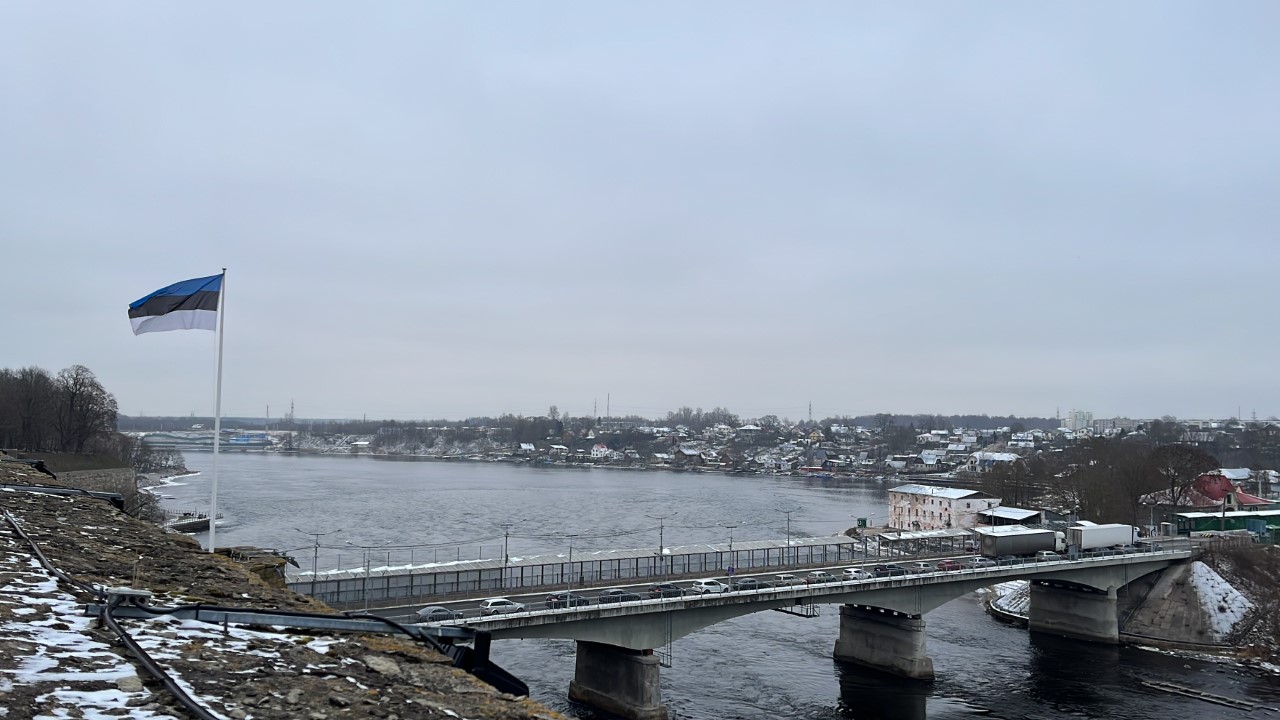Despite being the third biggest city in Estonia, there are no Russian refugees in Narva according to the Estonian Refugee Council
By Ander Dacosta
Since the war broke out in Ukraine in February, millions of Ukrainians have been displaced, becoming refugees across Europe. There is a familiar situation taking place in Russia. A lot of people who were to opposed the war and unhappy with the Russia’s current political situation, have fled from the country to find safety.
There are many Russians who have left the country seeking asylum, some of them adopting refugee status. Since the War started in February, around 900,000 Russians have left the country, yet the number of them with refugee status is unknown. This is a much smaller number than the Ukrainians who have left Ukraine, with UNHCR claiming there are around 7.8 million refugees in Europe alone.
One of the countries Russians have chosen as their destination of refuge is Estonia. According to the head of support services at the Estonian Refugee Council in Anu Viltrop, there are many Russian refugees all over Estonia, yet she does not know of anyone in Narva.
Why there are no Russian refugees in Narva?
Narva in Estonia and Ivangorod in Russia are separated only by the Narva River, with Statistics Estonia, stating that 88% of Narva’s population are ethnic Russians. This could be the reasoning behind Russian refugees not choose Narva as their destination according to Viltrop. Russian refugees prefer not to be drawn back into a society which echoes the country they escaped from.
Jevgeni Timostsuk, the Programme Coordinator for the Narva branch of the Nordic Council of Ministers’ Office in Estonia and a Narva native, agrees:
“Even if you’re a good person and you’re leaving Russia and you want to find a new home somewhere else, like in Narva or in Tallinn I suppose that these people, [ethnic Russians in Narva] wouldn’t be so open minded”.

Different treatment between Ukrainian and Russian refugees?
There might be different treatment towards Ukrainian refugees compared to Russian refugees. Ukrainians are the victims, whereas Russians are painted as the aggressors, yet the Russian refugees may oppose the invasion themselves. Timostsuk says there is a difference in terms of treatment between those refugees.
“Some of my friends told me that there are refugees who moved to Italy or to Germany and when they started to speak in Russian between them, they saw that people looked at them and told them that they are aggressors. Even so called ‘European Russians’ who have been living in different European countries for several years, even now they feel the pain, seeing that as they came from Russia, they are the aggressors”, he says.
Timostsuk also states that this could lead to Russian refugees questioning their identity.
“I don’t feel that I am 100% Russian, I do not feel that I am Estonian. I cannot be Estonian, yes I know Estonian language, I have an Estonian citizenship but I am not Estonian, but I am not a Russia Russian either, because I was born here in Estonia. Sometimes you ask yourself who you are and what is your background and what kind of cultural background you have and it is complicated”.
But, how do these people prove that they are against the war?
“You can see that in quite a personal level because some of my friends told me even before the war started that they wanted to move from Russia because it is impossible, there is not any kind of democracy and if they see how other parts of the world are living, they want to be quite free and be open-minded”, Timostsuk says. “It is just on a personal level when people are quite honest and tell that they actually want to leave and they do not like what is happening in their country but if it is not on the personal level you never know it”.


